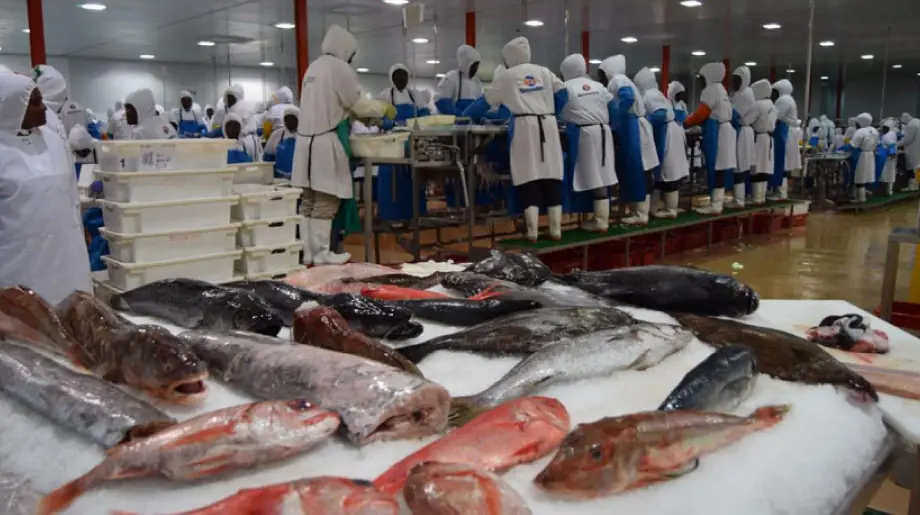Over the years, there has been steady investment, technological improvement and growth in the fishing industry and the government of Namibia has challenged that investors’ performance should be measured on per quota ton issued to derive the benefit companies give to Namibia per quota ton versus the investors’ competitors.
This is largely because the exportation of unprocessed fish and marine resources results in Namibia losing out on possible additional revenue as well as valuable employment opportunities.
Namibia has thus created investment opportunities through value addition in which jobs can be created in the chain of technological advancement where the companies do not increase the cost without value.
For example, over the last decade fishing companies invested in improved freezing and grading technology and systems to ensure Namibian horse mackerel compared on every level with its competitors except for the fat content which is inherent in the fish.
By focusing on consistent quality and year round availability Namibia has become a reliant and thus preferred supplier of Sea Frozen Namibian horse mackerel globally.
With the reassurance that horse mackerel can be successfully caught and brought to shore, unprocessed in refrigerated sea water, the unprocessed fish brought to shore will be processed in a factory. That is value addition.
Namibia thus requires and offers massive investments for value adding through the construction of off-shore factories, cold storages. This will enable fishing companies to create jobs and value through activities such as canning, smaller retail packages, gutted, deboned, filleted, breaded, cured, smoked, salted and dried production.
In addition bulk production at affordable prices and good quality will form the backbone of the products as the country aims to, over time, progress with developing markets for value added fisheries products.
In addition a high grade fishmeal, bone meal and pharmaceutical quality fish oil and protein concentrate will be made from any waste material.
